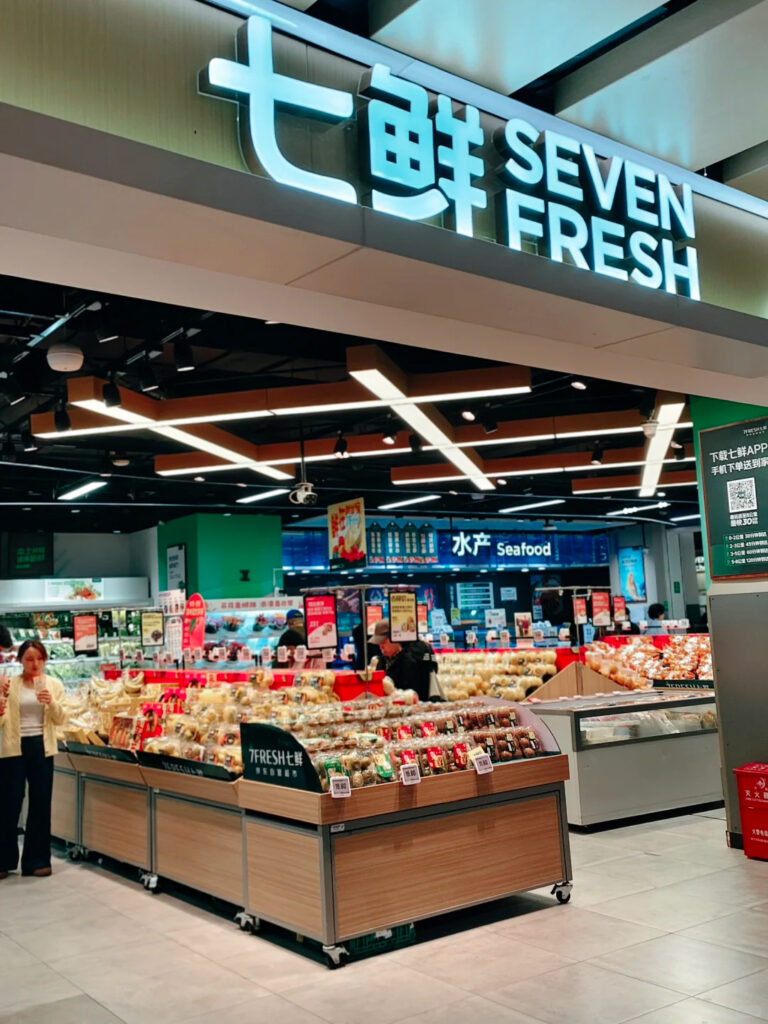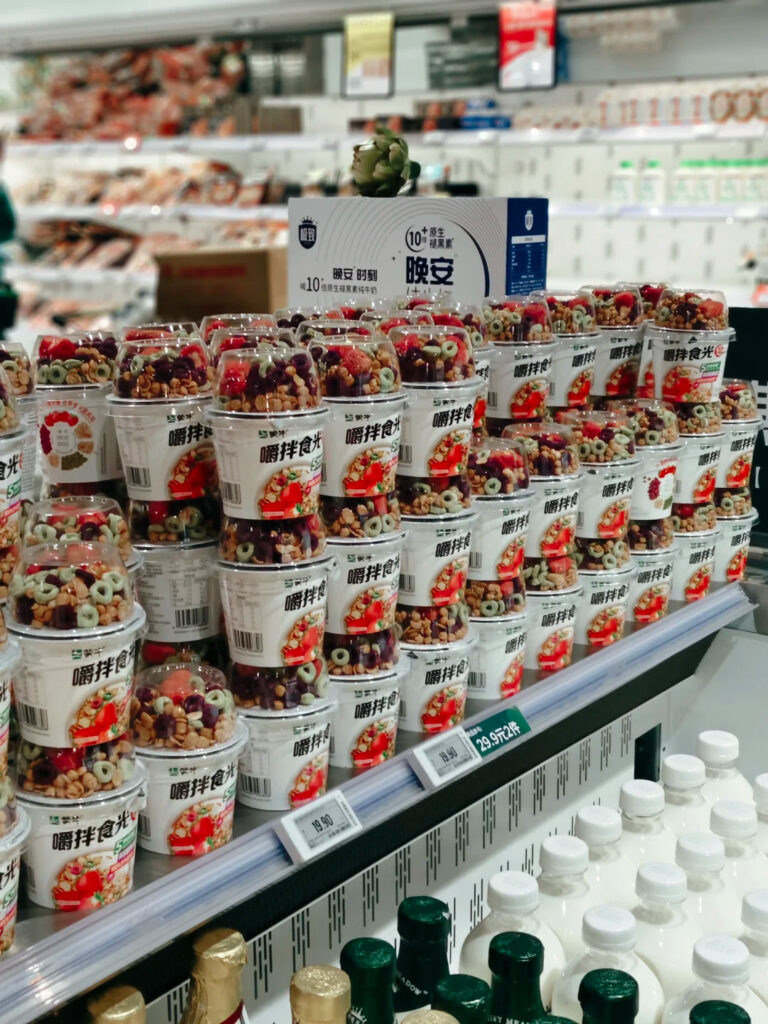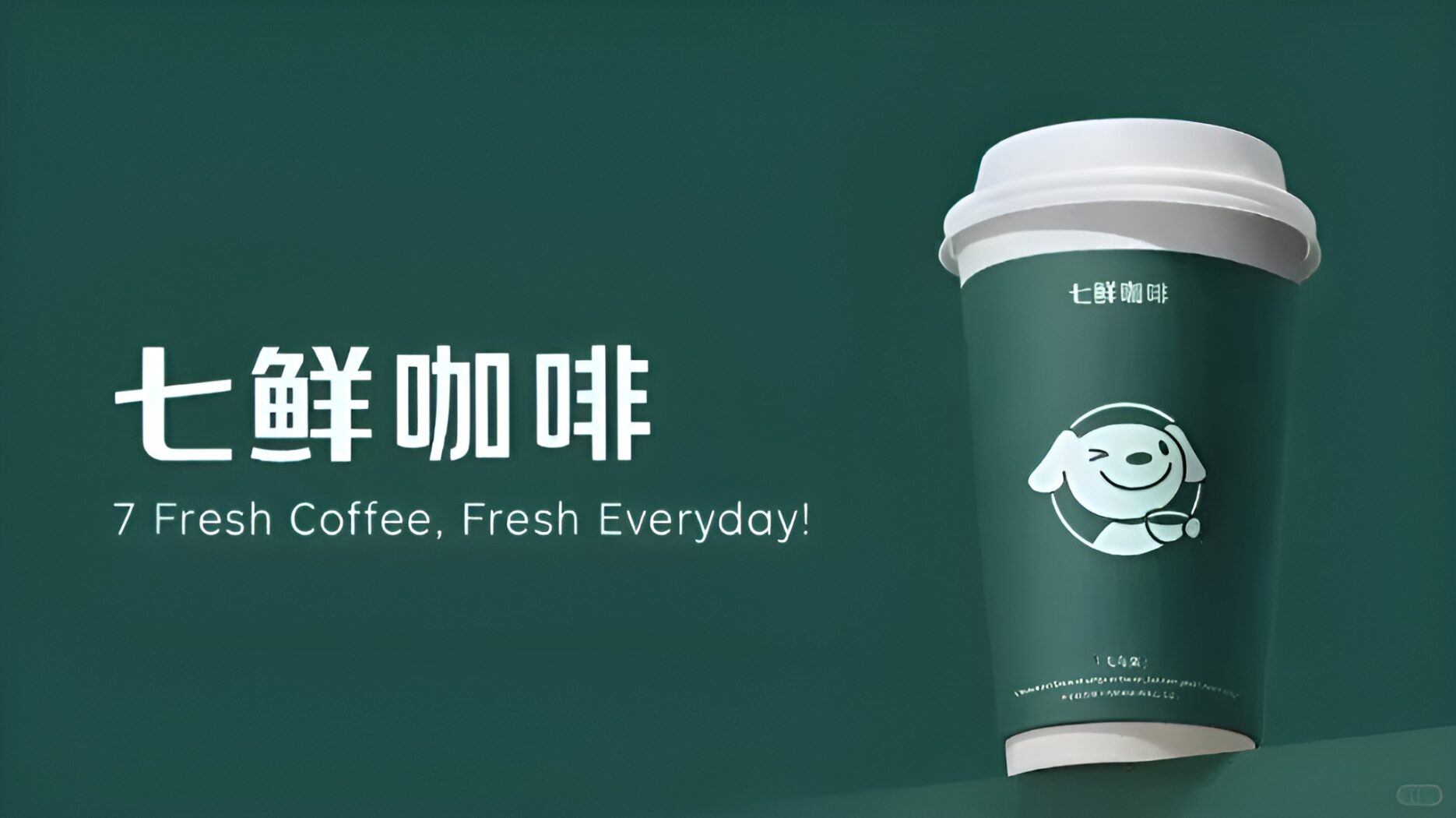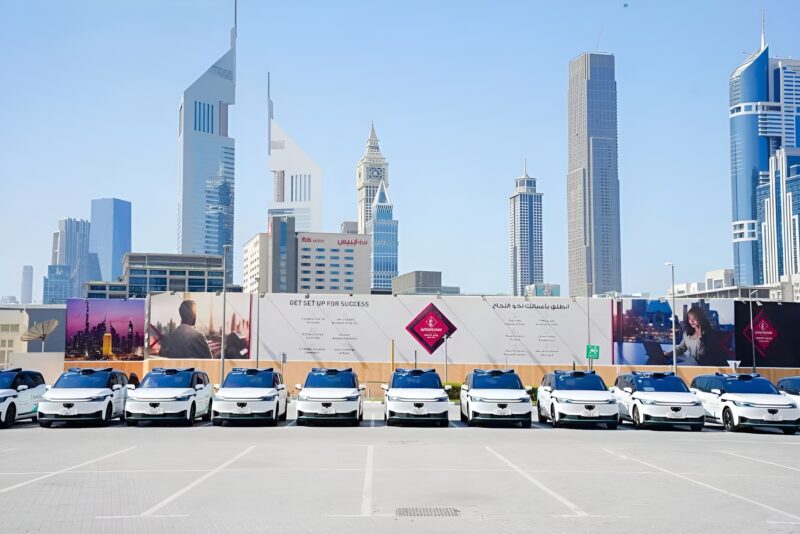Not content with being one of the largest online shopping platforms in the world, or a growing offline supermarket presence, Jingdong (京东) are getting into coffee. This latest venture is an extension of the Seven Fresh (七鲜) brand that currently includes JD’s Seven Fresh Supermarkets and Seven Fresh Kitchens.
They’ll be stepping into a fierce market, one you might even call saturated. But JD has an ace up its sleeve for the rollout of Seven Fresh Coffee. Unlike traditional chains that build flagship stores from scratch, JD is opting for an light-asset strategy: leasing small footprints inside supermarkets, hotels, and office buildings, hoping this will keep costs low enough that they can undercut the competition on price.

Also, on their side is the fact that the Seven Fresh brand is already well established and expanding. It’s probably not a stretch to imagine that many Seven Fresh Coffee shops will operate out of established Seven Fresh supermarkets and kitchens. Then there are the billions of RMB in subsidies that JD and its rivals pump into the industry to gain a competitive edge.
None of this is without controversy. A Chinese coffee industry group has publicly urged JD to halt its aggressive subsidies, warning that deep discounting distorts competition and threatens small cafés. They allege JD’s entrance could force closures among independent players.


China’s regulators are already scrutinising the subsidy wars raging across food delivery and coffee sectors, summoning platforms like JD, Meituan, and Ele.me to curb ‘malicious’ discounting.
The concern reflects a wider fear of ‘involution’ (内卷) in China’s digital economy – a race to the bottom where intense rivalry yields diminishing returns. For JD, this makes its Seven Fresh Coffee gamble risky: cheap lattes may win attention now, but they may also invite the eye of regulators.









